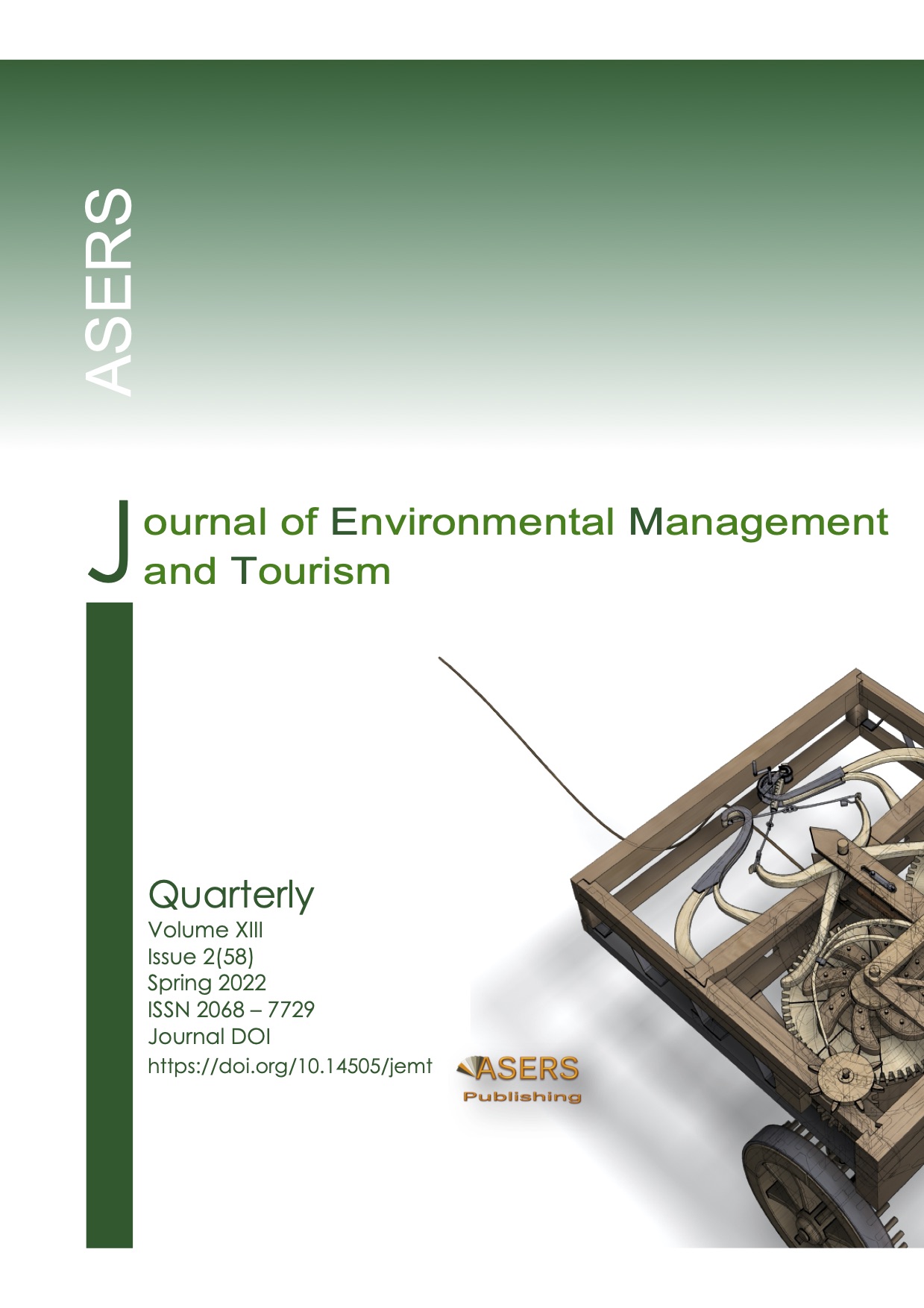The Impact of Revolutions and Terrorist Attacks on Tourism. Case Study: Egypt
The Impact of Revolutions and Terrorist Attacks on Tourism. Case Study: Egypt
Author(s): Daniel Bakota, Magdalena Morga, Arkadiusz Płomiński, Mariusz RzętałaSubject(s): Economy, Business Economy / Management, Tourism
Published by: ASERS Publishing
Keywords: tourism; tourist traffic; revolutions; terrorist attacks; Egypt;
Summary/Abstract: The essence of the research concerns the impact of armed conflicts and terrorist attacks on the arrivals of foreign tourists with Egypt selected as the testing ground. It was found that revolutions and terrorist attacks have a negative impact on the development of the tourism industry – following the social unrest that took place in Egypt in the years 1997, 2011 and 2015, the number of arrivals of foreign tourists decreased by: 13%, 33% and 42% respectively (depending on countries of the world the reduction of the flow of tourists was within the range of 21-78%). The decrease in the number of tourists which takes place after a terrorist attack is short-lived and usually does not last longer than a year, whereas the consequences of a revolution are noticeable for tourism for a period of 3 to 5 years. According to respondents, the most important consequence of social unrest (protests, demonstrations, terrorist attacks) for tourism is a drop in the number of arrivals of foreign tourists, reduction in the income generated by tourism, decline in employment in tourism and the general slowdown in the development of tourism.
Journal: Journal of Environmental Management and Tourism (JEMT)
- Issue Year: XIII/2022
- Issue No: 2(58)
- Page Range: 354-366
- Page Count: 13
- Language: English
- Content File-PDF

